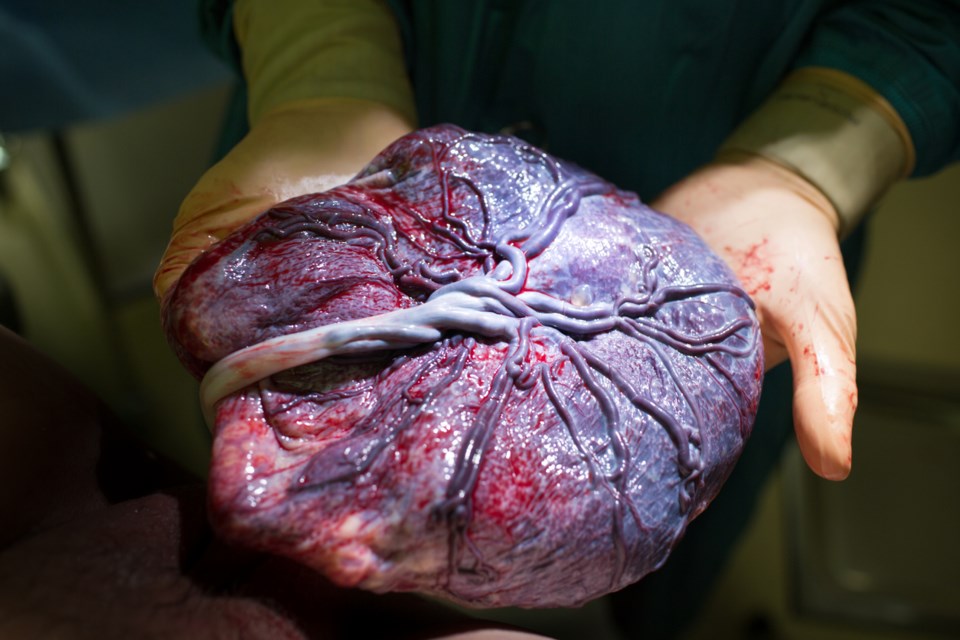��published today (May 2) has suggested there are no mental health benefits to eating your placenta.��
The new research was conducted by the B.C. Mental Health and Substance Use Services' Research Institute, alongside UBC which was published in the Journal of Obstetrics and Gynaecology Canada.��
Data was used from a 10-year generic study which involved a total of 138 women that had a history of mood disorders and then compared data on outcomes between those that ate their placenta and those who didn't.��
“When you ask women why they’re consuming their placenta, many will say that they think it will help improve their mood in the postpartum period," Jehannine Austin, executive director of the research institute, UBC faculty of medicine professor, and lead investigator of the study says in a release. “But there has been no research evidence showing that it really works, and our new study adds weight to this idea.”
Today, eating a placenta following childbirth is a growing trend according to the release, with many celebrities saying that it actually provided them health benefits including postpartum depression.
However, other studies have shown that eating the placenta can actually have risks for the mother and child including viral and bacterial infections.��
"Given the health risks associated with consuming your placenta, and the absence of detectable benefits, we strongly recommend women do not, and instead look to other mental wellness resources," Austin says, who also holds the Canada Research Chair in Translational Psychiatric Genomics.
The study focused on specific areas where there were no actual improvements.��
Women who consumed their placenta in the study did not have more energy or any boost��in their vitamin B12 levels.
"B.C. Mental Health and Substance Use Services' Research Institute helps ensure that decision making in our programs, and in mental health and substance use programs across the province, is evidence-based," Lynn Pelletier, the VP of B.C. Mental Health and Substance Use Services says. "Our research scientists are dedicated to carrying out research that improves mental health and substance use outcomes for all British Columbians. High-quality, rigorous studies like this one show how important thorough research is in preventing the spread of misinformation.”
It is recommended that if you have concerns regarding postpartum depression, that you speak to your doctor, midwife, or a public health nurse.
You can also find services through the and the��Reproductive Mental Health program at B.C. Children's Hospital.
��



